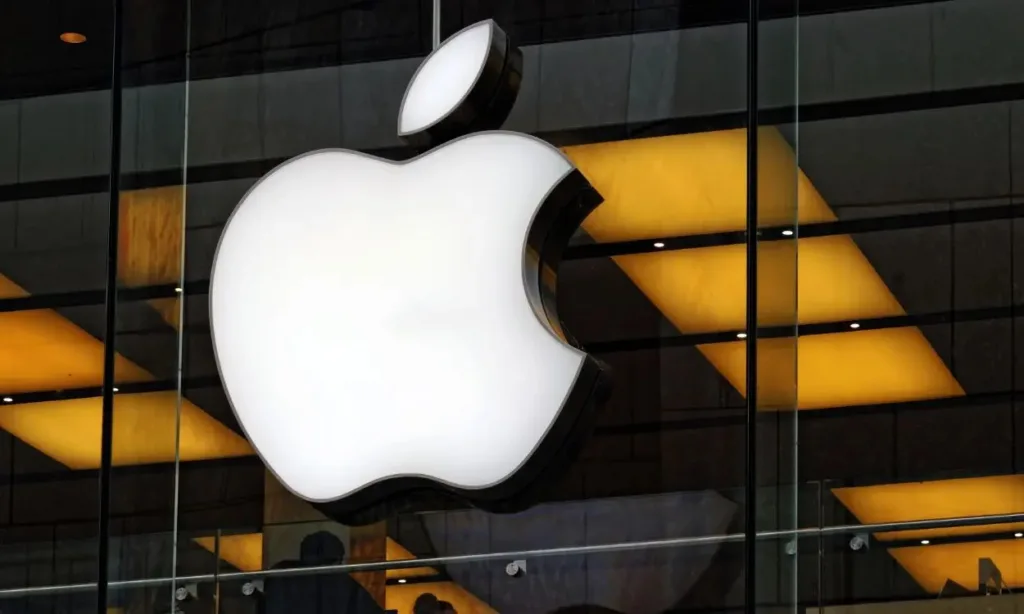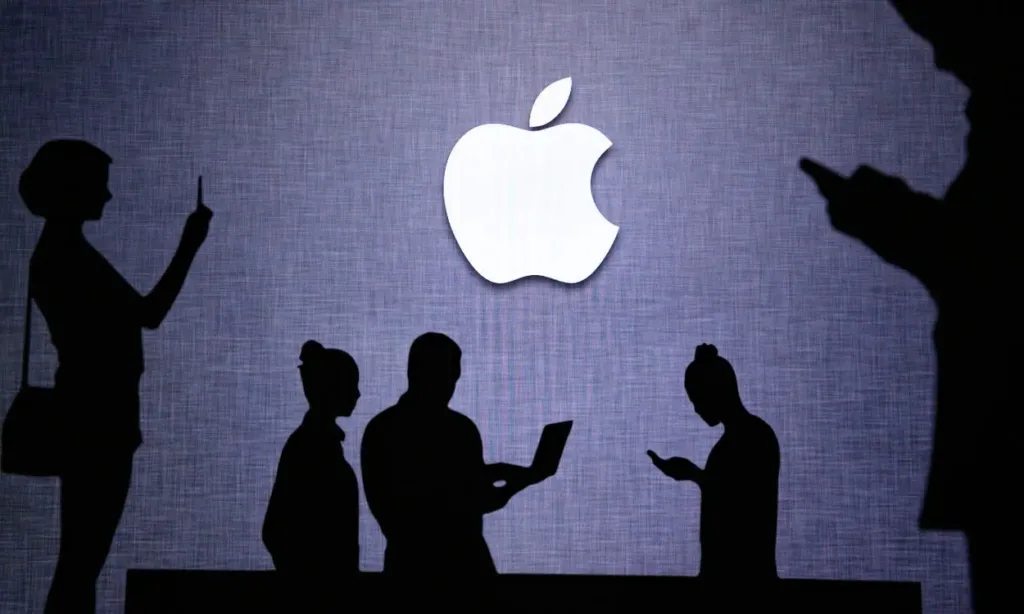
The US Department of Justice has taken a significant step by filing an antitrust lawsuit against Apple, alleging monopoly practices within the iPhone ecosystem. This move follows years of preparation by the DOJ and marks a pivotal moment in the ongoing battle over tech industry regulation. Apple, in response, has staunchly defended its position, stating that the lawsuit is based on incorrect facts and misinterpretation of the law, and has vowed to vigorously defend itself against the accusations.
Filed in the US District Court of New Jersey, the lawsuit involves not only the DOJ but also 16 district attorneys general. The core allegations revolve around Apple’s purported actions of inflating prices for consumers and imposing high fees on developers, all while locking users into its ecosystem. Furthermore, there are claims that Apple has been selectively restricting developers and withholding crucial information, actions seen as stifling competition within the market.
You can access the complete DOJ lawsuit here.
“Apple exercises its monopoly power to extract more money from consumers, developers, content creators, artists, publishers, small businesses, and merchants, among others.”- DOJ
The lawsuit also alleges that “Apple undermines apps, services, and products that would otherwise reduce user dependence on the iPhone, encourage interoperability, and decrease costs for consumers and developers.” U.S. Attorney General Garland justifies the lawsuit by stating that Apple “will only continue to strengthen its smartphone monopoly” if not challenged.
“No matter how powerful, no matter how prominent, no matter how popular — no company is above the law”- Deputy Attorney General Lisa Monaco
The government’s case against Apple points out various forms of anticompetitive behavior. These actions, some of which are ongoing, include:
1. Suppressing the development of “super apps” with extensive functionality that could enable users to switch between different smartphone platforms seamlessly.
2. Prohibiting cloud-streaming apps that could offer users access to high-quality video games and other cloud-based services without requiring expensive hardware.
3. Diminishing the messaging quality between the iPhone and other platforms to incentivize customers to continue purchasing iPhones.
4. Limiting the capabilities of third-party smartwatches with iPhones to create compatibility issues that discourage users from switching away from iPhones.
5. Blocking third-party developers from providing third-party digital wallets with tap-to-pay functionality for the iPhone.

Naturally, Apple rejects the antitrust allegations against the iPhone and is prepared to contest the DOJ in court. The company has staunchly defended its business practices, asserting that they are not in violation of any laws.
“At Apple, we innovate every day to make technology people love—designing products that work seamlessly together, protect people’s privacy and security, and create a magical experience for our users. This lawsuit threatens who we are and the principles that set Apple products apart in fiercely competitive markets. If successful, it would hinder our ability to create the kind of technology people expect from Apple—where hardware, software, and services intersect. It would also set a dangerous precedent, empowering government to take a heavy hand in designing people’s technology. We believe this lawsuit is wrong on the facts and the law, and we will vigorously defend against it.”- Apple
While this isn’t Apple’s first encounter with antitrust lawsuits, it is one of the most expansive and ambitious cases to date. The company has successfully defended itself against previous legal challenges, such as the Epic Games lawsuit regarding App Store policies.
However, the current lawsuit takes aim at the entire Apple ecosystem, presenting a more formidable challenge. This poses a risk to Apple’s walled-garden business model.
The legal battle between Apple and the DOJ is anticipated to be intricate and protracted. If the lawsuit succeeds, it could disrupt the iPhone ecosystem, increasing competition and diminishing Apple’s control over iPhones.
Apple has already made several changes in response to the European Union, such as allowing alternative app stores and third-party payment methods. It also permitted iPhone users in the EU to uninstall Safari from their devices. We may now witness Apple making similar changes in the United States to avoid further legal action. It appears that Apple only responds to the language of laws and lawsuits.




